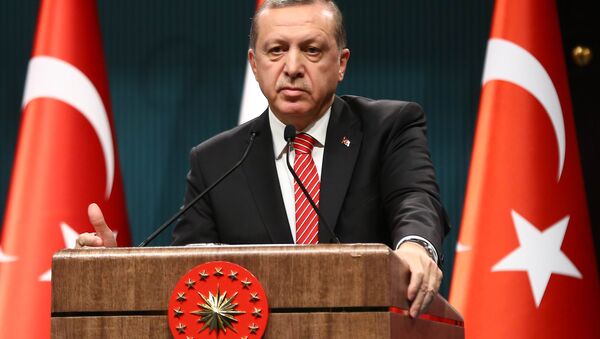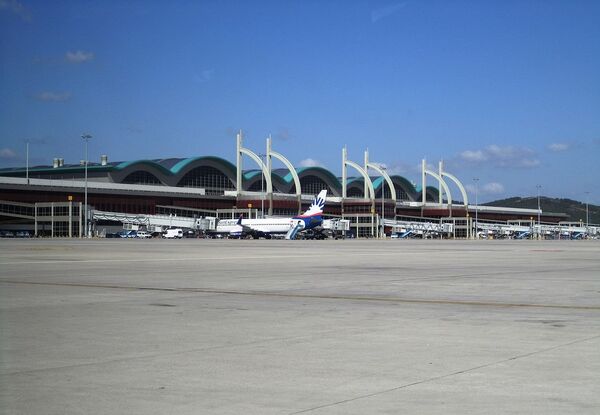The car bombing in Ankara, which government officials have blamed on Kurdish militants, and the blast that killed six soldiers while traveling in a military van in the country's southeast, comes amid a worrying rise in attacks over the past couple of years, as Ankara struggles to keep a lid on the violence.
January 2016
The recent attacks weren't the first for Turkey this year, with 10 people killed and 15 others injured in a suicide bomb blast in Istanbul on January 12.
Turkish authorities later identified the suicide bomber as a Daesh-affiliated Syrian man who had entered Turkey as a refugee.
The attacks further highlighted the security concerns associated with Turkey's humanitarian efforts, with country accepting large numbers of people fleeing the conflict in Syria.
December 2015
A cleaner at Turkey's Sabiha Gokcen airport was killed in an early morning bomb attack on December 23.
In protests to the Turkish government's military actions against the Kurdistan Workers' Party (PKK), fellow militant group the Kurdistan Freedom Falcons claimed responsibility for the blast, which once again raised questions over how Ankara was managing the long-running feud with Kurdish nationalists.
This followed an earlier attack near Istanbul's Bayrampasa Metro station on December 1, which saw a parcel bomb detonated during evening rush hour, resulting in five people being taken to hospital.
October 2015
103 people were killed and 250 others injured when two suicide bombers detonated explosives at a peace rally in Ankara on October 10.
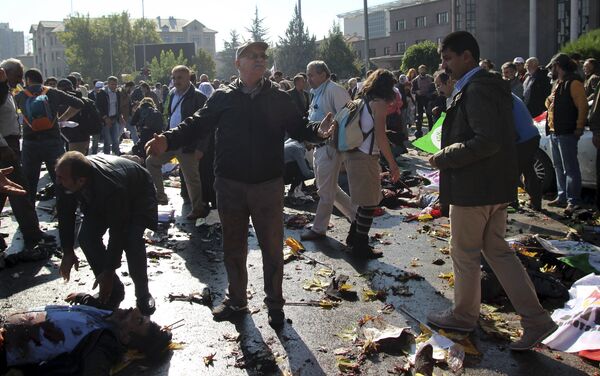
The attack, which is the deadliest in Turkey's history, targeted a rally aimed at ending the violence between Turkish government authorities and Kurdish nationalists.
While two Daesh members were identified as the attackers, many raised questions over the target of the blasts and how security allowed such a tragedy to unfold.
August 2015
Five police officers and two others were injured in a targeted bombing attack on a police station in Istanbul on August 10.
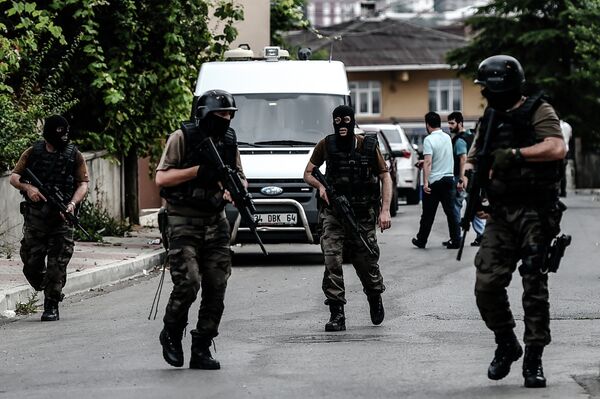
Authorities said the PKK were responsible for the attack, which came amid the breakdown of a truce between the Kurdish militant group and the government and with an increase in fighting in the country's Kurdish-dominated southeast.
July 2015
Before the Istanbul blast in October, the deadliest attack Turkey had witnessed in many years took place in the town of Suruc on July 20, with 32 killed and more than 100 injured in a suicide bombing.
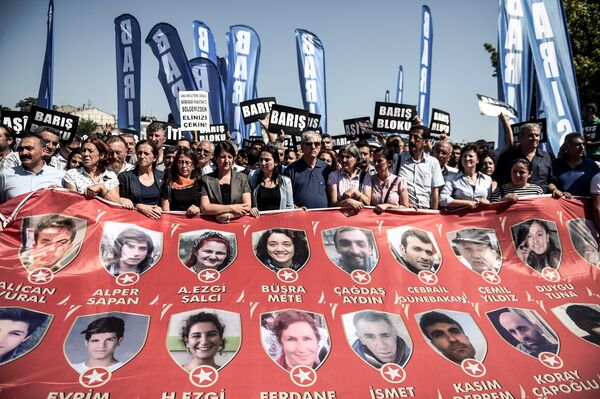
The bomber reportedly had links to Daesh, while many of those targeted were planning to travel to the Syrian city of Kobane to help with rebuilding efforts after the large parts of the city was destroyed during fighting between Kurdish groups and Daesh.
June 2015
The first large-scale terror attack of 2015 took place on June 5, when four people were killed and more than 100 others injured during a bombing at a rally for the pro-Kurdish People's Democratic Party (HDP).
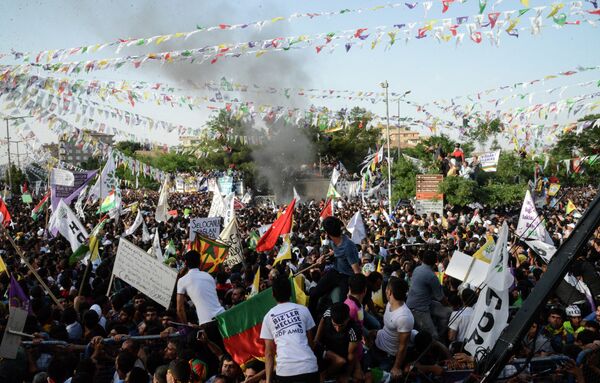
The attack raised widespread suspicion as it occurred just two days before Turkey's parliamentary elections and amid a time of increased support for the party, seen as one of the biggest obstacles for President Erdogan's AK Party.
The culprits for the attack still haven't been identified.

